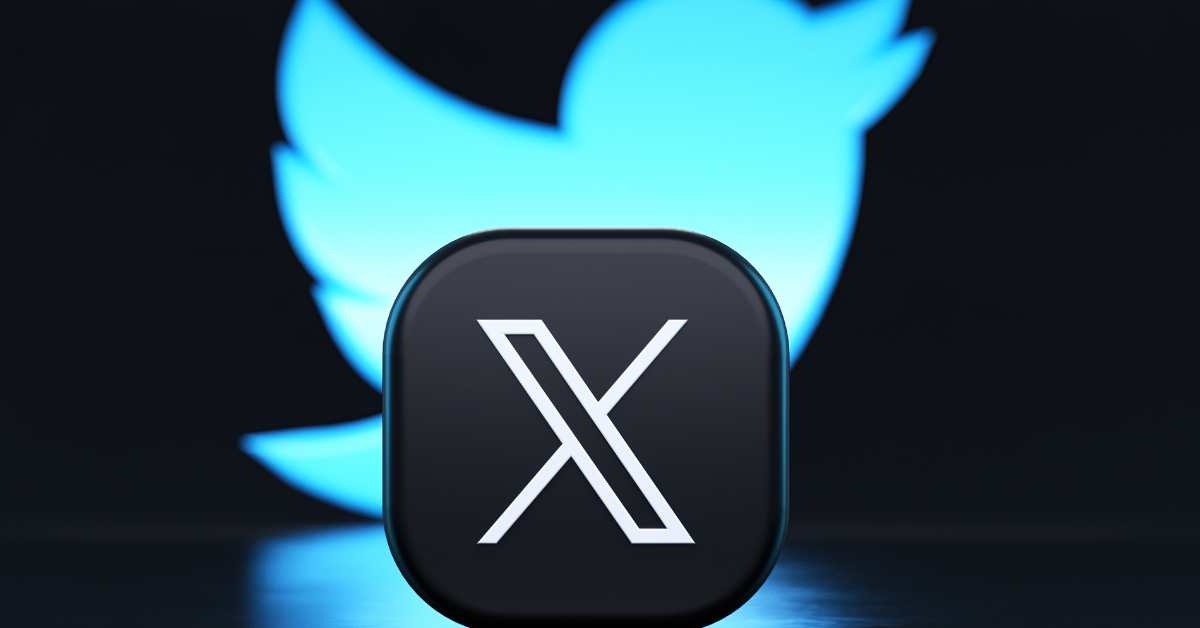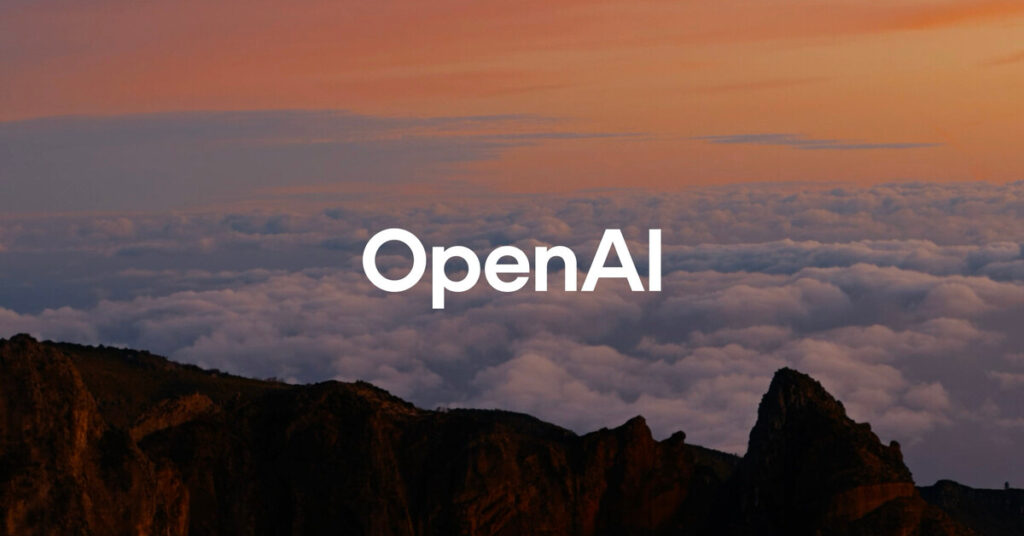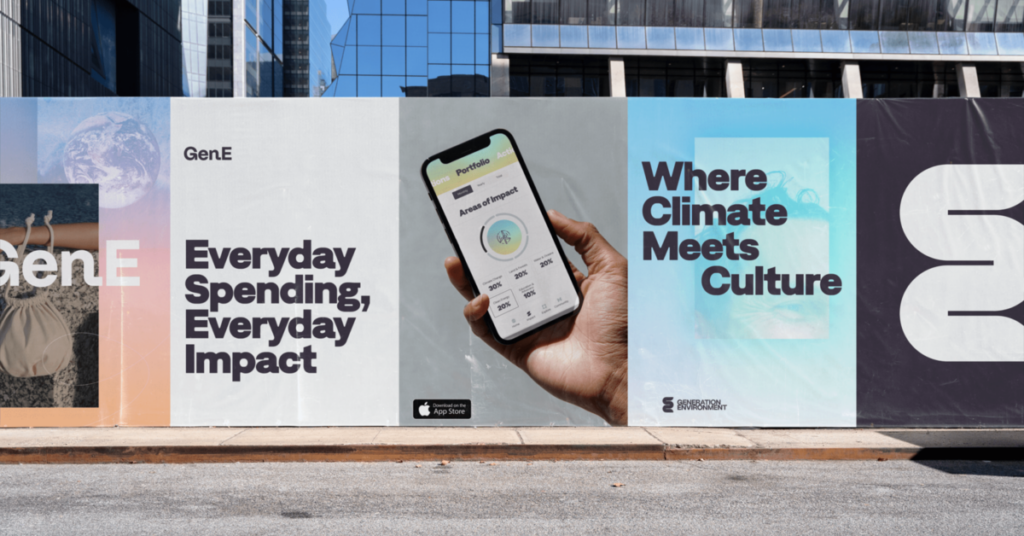In recent years, social media has become an integral part of our daily lives, connecting people across the globe. Two of the most prominent platforms, Facebook and Twitter, have undergone significant transformations through rebranding efforts. In 2021, Facebook rebranded as Meta, signaling a shift towards a more futuristic vision, while Twitter followed suit in 2023, rebranding as X.
In this blog post, we will delve into the details of the platform’s rebrandings, their potential impact, and the challenges they present:
Facebook – Meta: Futuristic Image Makeover
In October 2021, Mark Zuckerberg, the CEO of Facebook, announced the company’s decision to rebrand as Meta. This move was driven by a desire to focus on the metaverse – a concept involving shared virtual spaces, where people interact, work, and play in a three-dimensional digital environment.
With the Meta rebranding, Facebook aimed to shed its image as just a social media platform and embrace a more forward-thinking identity. The company envisioned creating an interconnected digital world, leveraging augmented reality (AR) and virtual reality (VR) technologies. This shift represents a significant expansion beyond traditional social networking and opens up new possibilities for users, developers, and advertisers alike.
Positive Impact on Facebook’s Platform
The Meta rebranding has brought a breath of fresh air to the social media giant. By emphasizing the metaverse, Facebook aims to break down geographical barriers and offer users more immersive experiences. It presents new opportunities for businesses to engage with customers, introduce innovative products, and build unique brand experiences.

The introduction of virtual meetings, conferences, and events has revolutionized remote collaboration and elevated the concept of “work from anywhere.” This positively impacts the platform’s user engagement and enhances Facebook’s position in the digital space.
Challenges
While the Meta rebranding showcases great potential, it also comes with challenges. One major concern is data privacy and security. As the metaverse expands, users will spend more time in shared digital spaces, raising questions about data protection and virtual security.
Moreover, achieving widespread adoption of VR and AR technologies requires considerable infrastructure development, which could take years. Meta must invest heavily in research and development to make the metaverse accessible and user-friendly for all demographics.
Twitter – X: Way for Revenue Revolution
In 2023, Twitter, which was acquired by Elon Musk in 2022, announced its rebranding as X. Unlike Facebook’s shift to the metaverse, Twitter’s rebranding focuses on streamlining its identity and services. The letter “X” symbolizes experimentation, exploration, and unlimited possibilities for the platform’s future.
The transition to X signifies Twitter’s commitment to innovation and adaptation to meet the ever-changing demands of users and advertisers. By embracing the symbolic “X,” Twitter aims to position itself as a dynamic platform willing to take bold steps in redefining social media experiences.
Revolutionize the Platform and Drive Revenue
Twitter’s rebranding emphasizes experimentation, which can lead to the introduction of exciting new features. The platform can explore more interactive elements, such as live audio and video conversations, enhanced user personalization, and improved content discovery algorithms. These innovations can attract and retain users, driving up user engagement and, ultimately, revenue through targeted advertising opportunities.
— Elon Musk (@elonmusk) July 25, 2023
The “X” also symbolizes a focus on building exclusive communities and fostering niche interests. Twitter can introduce subscription-based models for premium features, offering users a more tailored and ad-free experience at a price. This diversification of revenue streams can make the platform more sustainable in the long run.
Challenges with the Rebranding
Despite the positive outlook, Twitter’s rebranding also faces challenges. Users are often resistant to change, and Twitter’s loyal user base may take time to embrace the revamped platform. The company must carefully execute the rollout of new features to maintain user satisfaction and avoid alienating its existing community.
Mark Zuckerberg, CEO of Meta, expressed that the rebranding aims to build an interconnected virtual world that transcends the boundaries of traditional social media. He envisions a future where people can collaborate, learn, and socialize in ways that were previously unimaginable. Elon Musk, the visionary entrepreneur, shared his thoughts on Twitter’s rebranding as X, applauding the focus on experimentation. He tweeted, “Twitter X sounds like a fitting evolution for a platform that has always thrived on pushing boundaries. Excited to see what the future holds!”
The rebranding of Facebook to Meta and Twitter to X represents bold steps toward innovation and transformation within the social media landscape. Meta’s emphasis on the metaverse brings forth new possibilities for immersive experiences and business opportunities, while Twitter’s rebranding promises to revolutionize user engagement and revenue generation. Both platforms face challenges, but their dedication to evolution ensures an exciting and dynamic future for the world of social media. As users, we can look forward to witnessing the realization of their visionary aspirations in the years to come.
Also Read: The Power of Authenticity: Navigating Advancing Technology and AI in Branding



